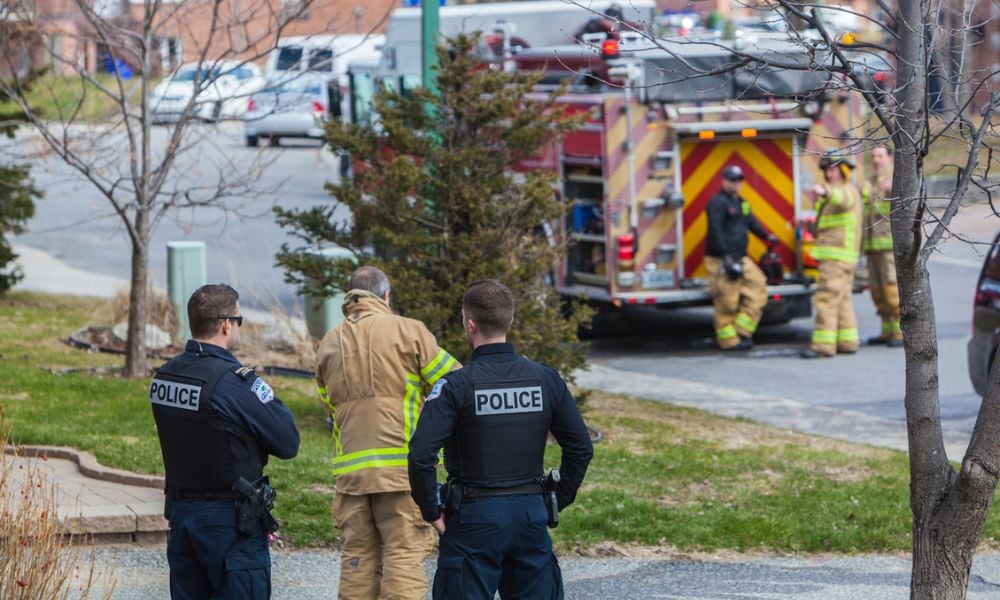Internal conflict occurs when actions are not in harmony with one’s values

Any event, action or inaction transgressing our moral or ethical beliefs, expectations and standards can set the stage for what we call moral injury. While we often hear of moral injury among military and veterans, it is rather more recently that it has received increasing attention and recognition among police officers and first responders.
Although moral injury is not a mental health disorder, it is a significant mental health issue with long-lasting emotional and psychological impact. Moral injury is a disruption in our trust that occurs within our moral values, ethical values, core beliefs and expectations. It can shatter our conscience or moral values in particular in situations where moral and ethical values and beliefs were transgressed.
There is an internal conflict that takes place within the self where actions of self or others are not in harmony with one’s moral values, standard, beliefs or conscience. The hidden pain of moral injury can go unrecognized and undetected and contribute to long suffering.
Events that can increase the risk for moral injury might include: unintentional errors leading to injury or death; witnessing and/or failing to prevent harm or death; transgression of peers, leaders or organizations that betrayed our moral/ethical beliefs or expectations; or witnessing catastrophic events or another’s pain and suffering.
Moral injury has been associated with depression, post-traumatic stress disorder (PTSD), suicidal ideation, interpersonal conflict, prolonged recovery, difficulty resuming daily activities or returning to employment, substance use disorder and self-isolation.
Being first to respond to a trauma scene can increase the risk for psychological injuries given the close proximity. The risk to psychological health problems increase in particular following events that are violent in nature, events involving children and/or events that have some personal relevance. Being exposed to repeated mortality and morbidity can be emotionally, psychologically and physically exhausting. Added to the trauma and exhaustion can be the resulting moral injury that can go undetected and prolong recovery.
The symptoms of moral injury can be similar to the symptoms of PTSD, including:
•negative emotions such as shame, guilt, irritability, anger, embarrassment, anxiety and feelings of worthlessness.
•negative beliefs about oneself or others.
•behavioural responses such as avoidance, withdrawal, self-isolation, and emotional numbness.
An individual might be suffering from moral injury and not necessarily from PTSD. However, both tend to co-occur or run in parallel.
Sometimes moral injury contributes more to the pain, suffering and disability than the trauma exposure itself. Recognizing signs of moral injury and opening up the dialogue and receiving treatment can further help prognosis and treatment outcome, level of functioning and quality of life and well-being.
Other symptoms include feeling anxious, afraid, demoralized or “haunted” by decisions. Individuals may feel emotionally distant from others, experience relationship problems, have reduced empathy and increase their substance use.
Organizational and operational stressors within organizations can also increase risk for moral injury, in particular: heavy workloads that are difficult to manage; role ambiguity and role conflict; and poorly defined demands or responsibilities.
Psychological health and safety implementation strategies working on reducing organizational stressors can help reduce the risk for moral injury.





